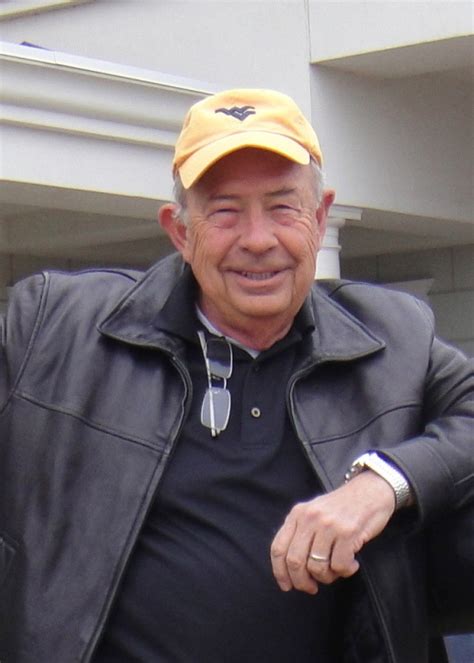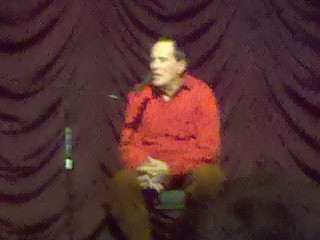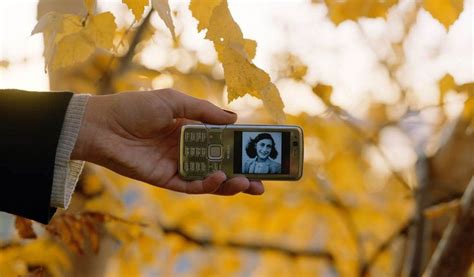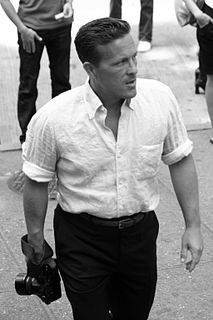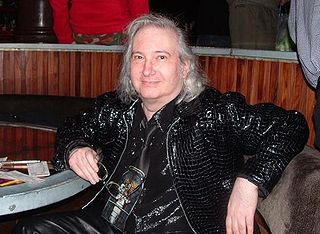A Quote by John Leguizamo
Very, that show is crazy. It was like doing finals every week. It was interesting. I really learned a lot. The dialogue is so technical. I was so impressed watching the other actors and how they managed, so I studied them. And I was blown away thinking: "How do they do that? How do they put that extra spin on the complicated dialogue to make it interesting?
Related Quotes
When I first started writing plays I couldn't write good dialogue because I didn't respect how black people talked. I thought that in order to make art out of their dialogue I had to change it, make it into something different. Once I learned to value and respect my characters, I could really hear them. I let them start talking.
I try to remember dreams, and occasionally I'll make a note or two in a notebook if it's something extra interesting. They do mean quite a lot to me, and they don't happen all that often. In other words, I don't have some kind of loud, Technicolor dream every night. But a few times a month, I'll have a rather interesting dream. They're mostly visual - oddly enough, I don't have much dialogue in my dreams. They just don't speak.
I began as a dramatist in the theater, so I'm always thinking about how a story moves, what it looks like, how to engage the senses, how dialogue sounds, what feels authentic and sounds real, what's funny, how to build distinctive and original characters - all the aspects of playwriting, scene-building, the architecture of dramatizing.
I think in Japan I think there is a lot of style and a lot of subcultures, but it will be interesting to see how much of them... how much of the people wearing those clothes are really expressing something about who they are or who they want to be and it will be very interesting to see, especially once you get there, once you get to a certain city like in Stockholm you really get to know the people a little bit and what they're saying through their clothes. It's more... To me I think it's much more interesting than just the clothes they're wearing or the length of the skirt.
I think that the most important thing for me is, how is the character that I would be reading for? Is it interesting? Is there stuff to do? Are there things that you can do with the character? How can you play it out? Just those kinds of things that are very important for an actor. Also, a good director and good dialogue.
Let me show you how to drive me crazy,Let me show you how to make me feel so good,Let me show you how to take me to the edge of the stars and back again.You've gotta show me how to drive you crazy,You've gotta show me all the things you wanna happen to you,We've gotta tell each other everything, we always wanted someone to do.
When I go to the cinema, I want to have a cinematic experience. Some people ignore the sound and you end up seeing something you might see on television and it doesn't explore the form. Sound is the other picture. When you show people a rough cut without the sound mix they are often really surprised. Sound creates a completely new world. With dialogue, people say a lot of things they don't mean. I like dialogue when it's used in a way when the body language says the complete opposite. But I love great dialogue I think expositional dialogue is quite crass and not like real life.


